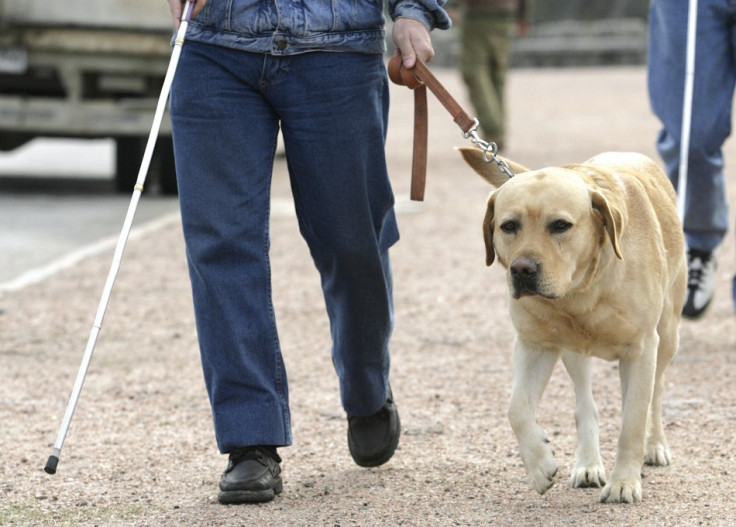Cataract treatment with eyedrops promises cure without surgery

Cataracts could soon be cured with a few eye drops that do away with surgeries, according to a study on dogs.
Canine cataracts shrank when administered an eye drop carrying a naturally-occurring molecule called lanosterol.
The eye drop option would reduce costs and make treatment available to millions affected by the age-related problem.
Cataract is responsible for half the blindness cases worldwide. It is congenital and can be inherited.
The research was initiated with a study on two children, patients of lead researcher Kang Zhang of Sun Yat-sen University in Guangzhou, China.
Dr Kang's team discovered a mutation in the gene producing lanosterol in the children. The gene could be responsible for preventing cataract-forming proteins from clumping in normal eyes.
After confirming that lanosterol helped ward off the proteins, they tested the drops in dogs.
After six weeks of treatment, the size and characteristic cloudiness of the cataracts decreased.
"Our study identifies lanosterol as a key molecule in the prevention of lens protein aggregation and points to a novel strategy for cataract prevention and treatment," the authors write in the journal Nature.
"These are very preliminary findings," said J Fielding Hejtmancik, a scientist at the US National Eye Institute, who wrote a commentary also published in Nature.
"Before there are any human trials, the scientists will probably test other molecules to see if they might work even better," he told AFP.
Cataract surgery in most cases require the eye lens to be replaced with an intraocular lens implant since the cataract is often removed with the front portion of the lens capsule.
Fewer than 10 out of 100 people have complications from cataract surgery but it does at times involve the risk of partial to total vision loss.
Surgeries in eye camps in developing countries have been known to even lead to blindness.
© Copyright IBTimes 2025. All rights reserved.





















